Join Tom Brown, Executive Director of Operations at Brewer Science, as he shares inspirational leadership advice and professional growth stories.
Three key principles are critical to success and are traits that I look for in my teammates. I refer to these as Pillars of Impact as they are foundational to growth: Courage to Challenge, Expect Excellence, and Empower Others.
We have all seen the diagrams depicting leadership styles relating to a group of people rowing a boat with a simple message: everyone needs to work together to get to their destination efficiently and effectively. In theory, it makes sense that a happy crew, working together, in cadence and rhythm, will arrive at its destination without issue. However, in practice we sometimes get a different result. What happens with individuals feeling empowered in this scenario? What if someone decides to row faster because they feel a sense of urgency? What if someone stops rowing because they want to discuss in more detail where they are going? Many leaders want to empower people, but by doing so, they fear it will create an environment of chaos, where nobody is in charge and the situation will spin out of control. 
Merriam-Webster defines empower as:
1: To give power to
2: To give official authority
3: To promote the self-actualization or influence of
While the first two definitions technically match what happens when a person is empowered, it is the third definition that really gets to the heart of the matter. Self-actualization. In 1943, Abraham Mazlow first published what became known as Mazlow’s Hierarchy of Needs. Since then, management and leadership gurus like John Maxwell, Stephen Covey and Peter Drucker have referenced and used his concepts in their teachings. Self-actualization is the realization or fulfillment of one's talents and potentialities, especially considered as a drive or need. 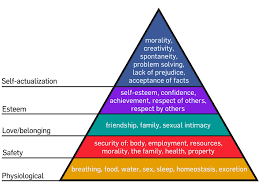
When initiating our journey towards Operational Excellence, empowering teams to act and own the situation was critical. However, we soon realized that “giving power or authority” wasn’t enough. To get the team centered on a common goal and clear destination required refining the shared vision. Everyone had to understand that they were in charge of their area and had the power to control the change, within the boundaries that were commonly understood by the team. If they see something that needs improvement and validated the impact with all the stakeholders, they can make the change without seeking management approval with two caveats:
- It does not go against our Change Control process (we have a team to review potential changes)
- It doesn’t require a capital purchase (we have a capital process that requires budget and approval)
Wow! Did they respond!
With each individual feeling empowered to make real improvements, this led to substantial productivity increases. Everyone immediately looked at their own work team and how it engaged with other works teams to refine processes that led to efficient, effective, and improved processes across the company. We established a grass roots “Waste Watchers” program that celebrates the elimination of waste in our working environment. In addition to the eight wastes that are typical in the Lean Kaizen activities, we target two other wastes, Overspending and Not Being Green. A spark of creativity led to the “two second lean” video program, which has now turned into a fun event attended by the entire company showcasing how even the smallest improvement can have an impact in productivity, efficiency, and effectiveness.
At Brewer Science, everyone takes ownership in the company, not only because we are an employee-ownership company, but also because the culture allows us to feel empowered to solve problems proactively. When you see yourself as the owner, then you also feel ownership of the problems and challenges that arise – and own the responsibility to provide a solution. I soon realized leadership isn’t about giving or granting authority, it is about expecting each individual to own the solutions. It became evident that while everyone appreciates the high standards and expectations of excellence , they are able to put it into practice when they are supported, encouraged, and celebrated for moving things forward and putting it into process.
Empowering employees to make decisions and face potential issues with strategy and strong problem-solving skills, provides customers with unprecedented experience. With everyone taking ownership and responsibility of their role, it allows for higher quality, control, and efficiency of the entire process. Employees epitomize the courage to challenge both inside and outside of the organization to ensure a solution surpasses the expectations of the customer. 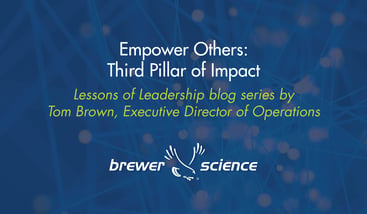
During quarantining for the COVID-19 pandemic, Brewer Science made the decision to encourage employees to work from home to mitigate the spread of the virus. While our production force and support staff are essential employees and were able to continue working at the facility, around 80% of our employees moved to a working from home schedule, including management. Without an executive or director level presence, the production crew performed exceptionally, owning the situation, and ensuring that their fellow employees and our customers were supported during the pandemic. They continued to present their process improvements in the Waste Watchers program, while driving efficiency and improving productivity. The only difference was that we reviewed the processes and celebrated the successes virtually.
It was an easy transition because the employees felt empowered to make decisions and take control of the situation because they are closest to the process. Empowering people is the difference between surviving and excelling, and in today’s world, that is truly the essential employee you need if you are to be successful beyond today.
Brewer Science is a company that believes deeply in sustaining long-term success through value-based culture, diversity, and growth. Learn more about Brewer Science’s company culture.


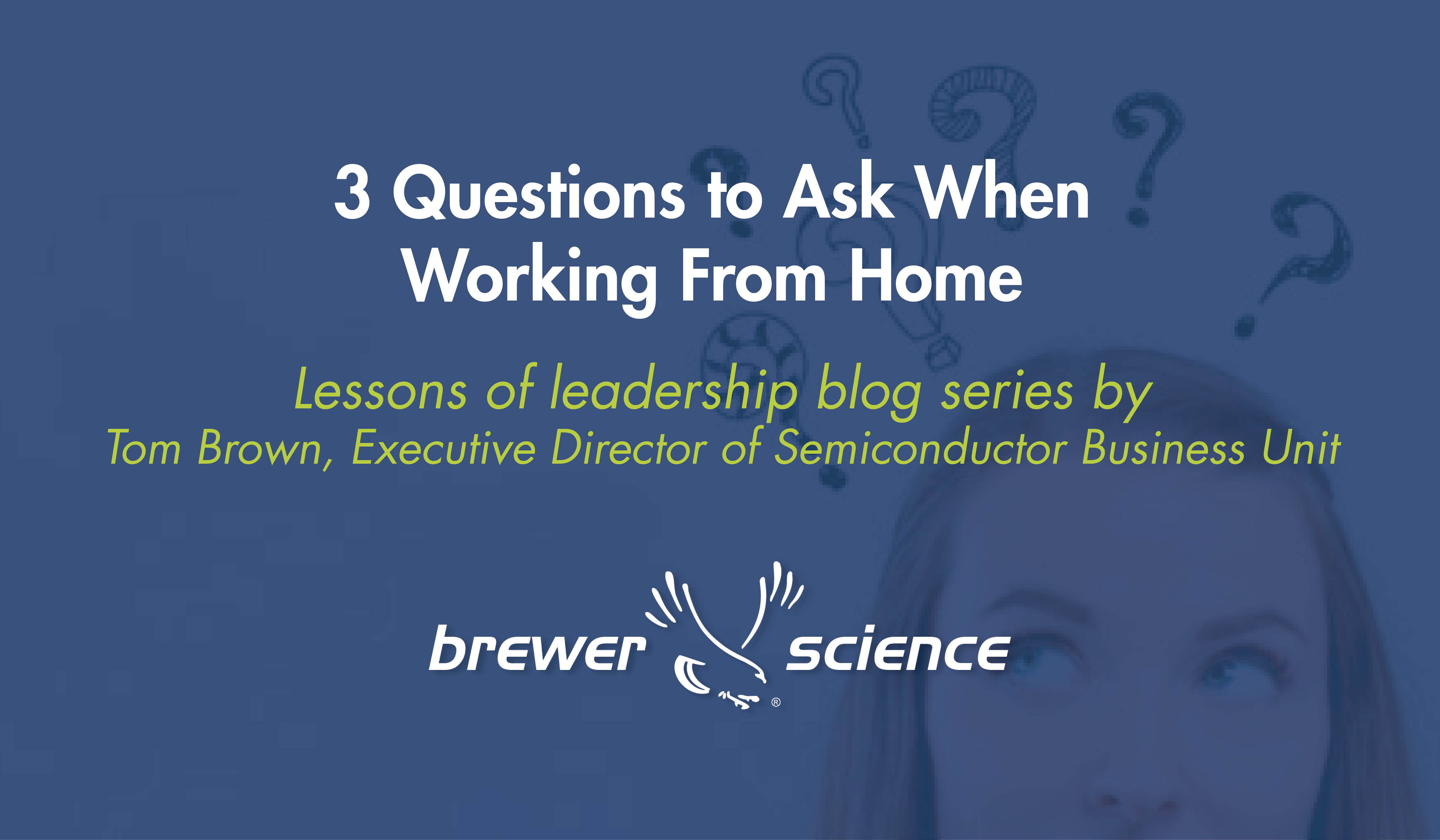
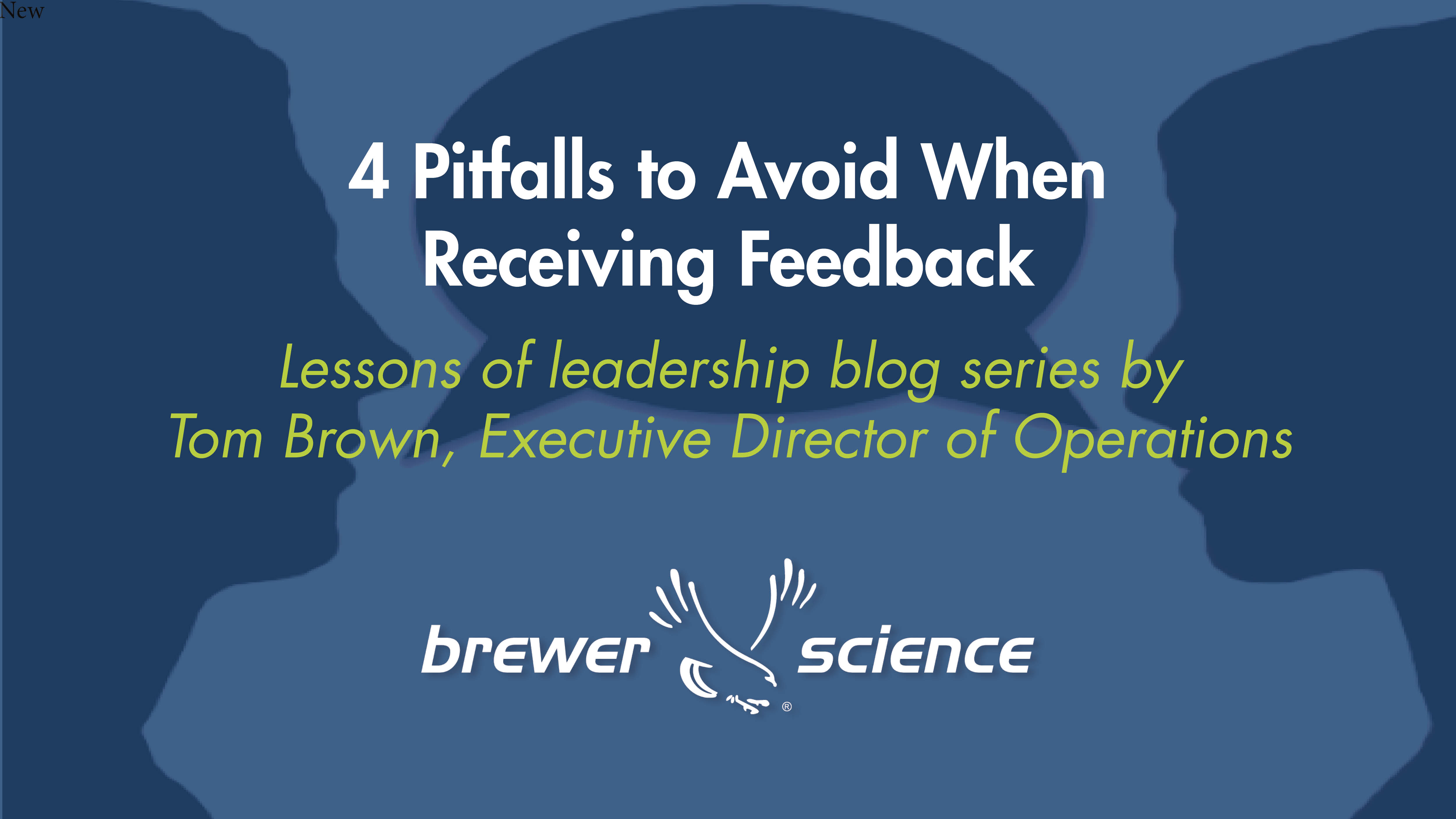
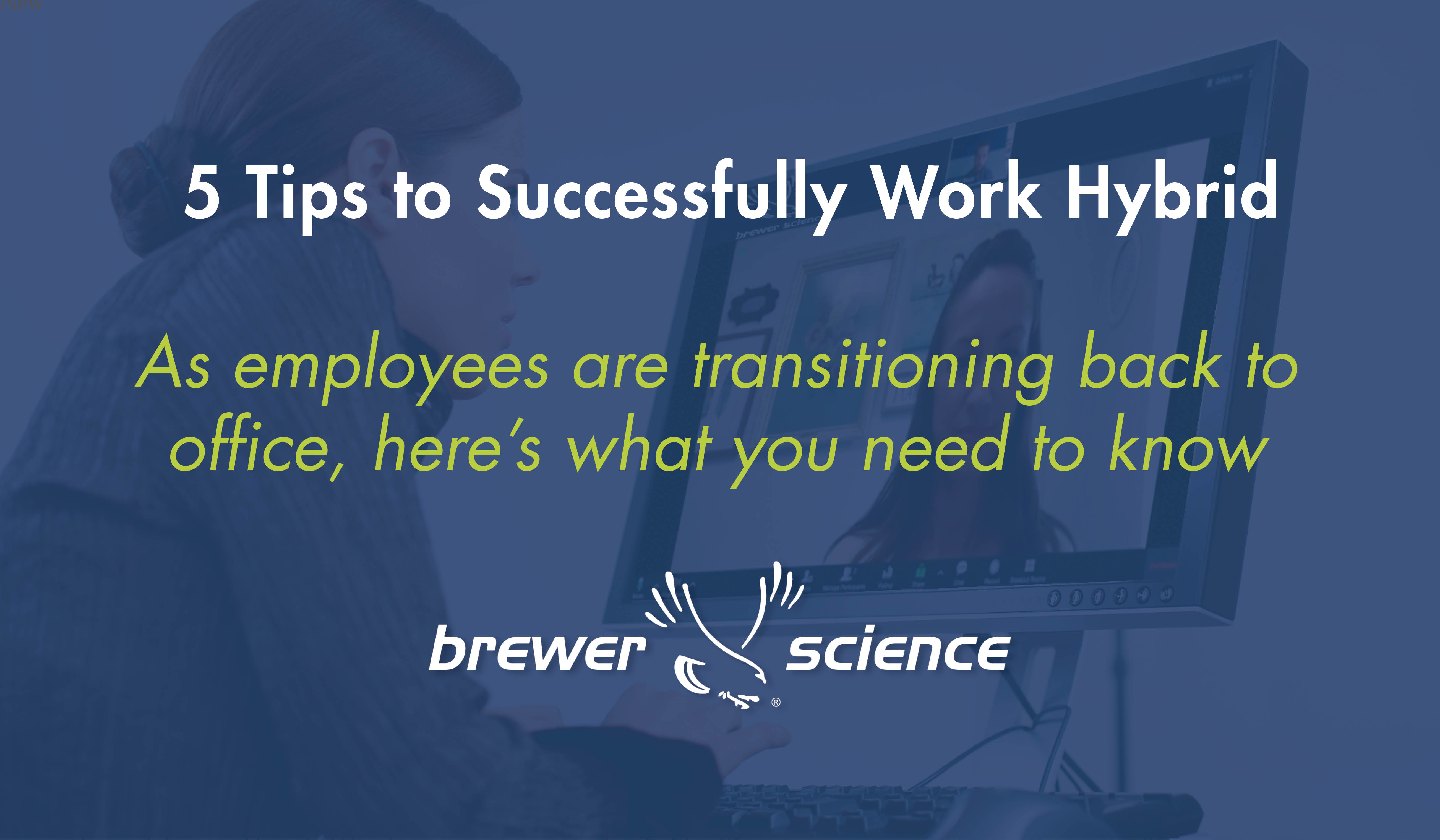
Subscribe to Our Blog